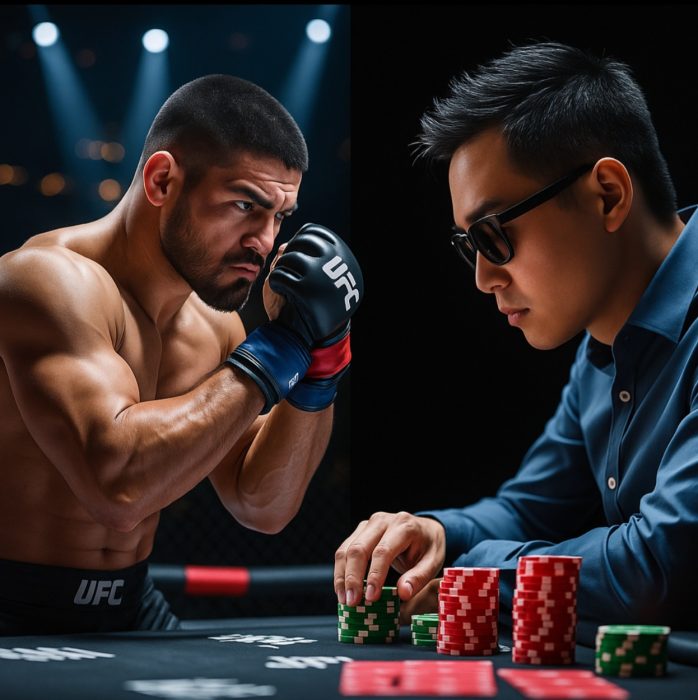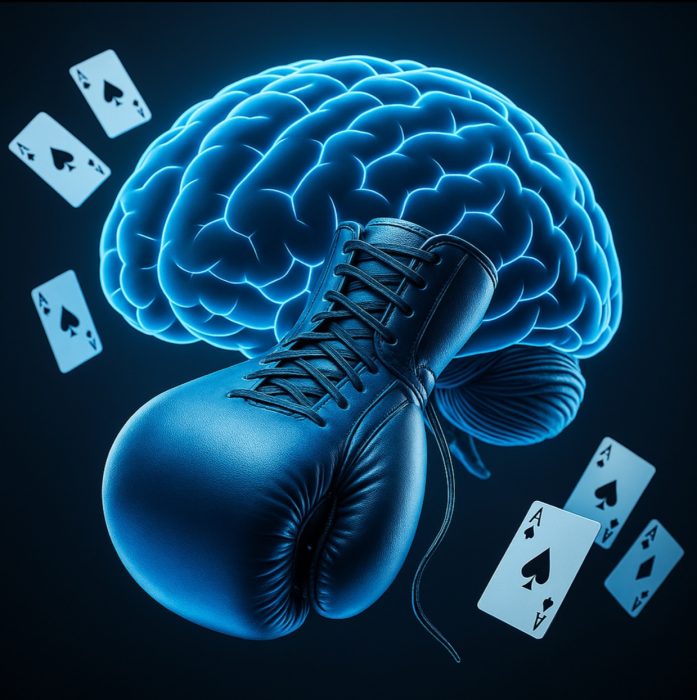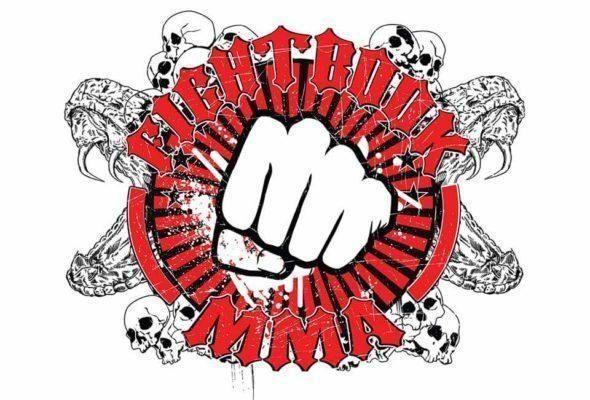
The Smart One Wins: Mental Toughness in Fighting and Poker
At first glance, an MMA fighter entering the octagon and a poker player adjusting their sunglasses at a high-stakes tournament might seem worlds apart. One faces physical blows, the other psychological warfare. Yet beneath the surface, both are bound by a crucial commonality: neither succeeds by instinct alone. In truth, victory in these intense arenas hinges less on brute strength or blind luck, and more on psychological resilience, calculated strategy, and emotional mastery.
Whether you’re placing calculated bets on BC Game IPL betting, or stepping into the ring with a title on the line, the key isn’t luck — it’s mental readiness.
Mental Game of Fighters vs. Gamblers
Elite fighters are trained not just to punch and grapple, but to manage their inner storms. In combat sports, adrenaline surges can distort judgment, cloud vision, and lead to costly errors. Fighters must remain composed under physical duress, neutralize fear, and block out the roar of the crowd or the sting of a previous round. This control is not innate; it’s conditioned.
Poker players fight battles of their own — without ever leaving their seat. The psychological discipline required to resist “tilt” after a bad beat, to bluff with a straight face, or to fold a strong hand with long-term odds in mind mirrors the internal combat of athletes. Mental toughness in sports and gambling is less about suppressing emotion than about managing it, transforming impulsive reactions into deliberate responses.
In both worlds, the competitors who rise are those who train their minds to perform under pressure — to stay calm in chaos and calculated in crisis. This cultivated advantage is known as mental conditioning.

Mind Training Techniques Used in Both Worlds
Mental conditioning is no vague concept. It consists of precise techniques honed over time. Breath control, for example, is used by fighters before a bout to slow the heart rate, improve focus, and minimize anxiety. Poker players, too, employ breathing routines to reset during long sessions or after losses.
Visualization is another shared tool. Fighters mentally rehearse their combos, takedowns, and defensive counters before a match. Gamblers visualize success scenarios, odds calculations, and responses to in-game triggers. This mental rehearsal primes the brain for clarity and consistency.
Pre-performance routines — be it wrapping hands in a specific order or stacking chips just so — ground the competitor in ritual and focus. Equally, post-performance reviews are essential. Just as athletes watch footage to identify weaknesses, serious gamblers review hands played to detect flawed decisions.
Just as winning in Fortune Gems 2 requires understanding patterns and keeping a cool head, mental mastery in sport means playing the long game, not chasing short-term results. The best combatants and card players know that chasing a knockout or a jackpot without strategic foresight often leads to downfall.
In both domains, sports psychologists and mental coaches have become increasingly common. From UFC gyms to elite poker teams, these specialists train minds to stay present, combat fatigue, and self-regulate emotions. Emotional control in gambling or fighting isn’t optional — it’s foundational.
Real-World Examples & Case Studies
Consider Conor McGregor, a name synonymous with bravado and striking power — but also a poker face honed through countless press conferences, feints, and feuds. Known for his affinity for gambling, McGregor has often drawn parallels between reading opponents in the cage and at the card table. His success stems not just from physical gifts, but from his psychological warfare — an ability to get inside his opponents’ heads.
Other examples abound. Boxer David Williams famously transitioned into professional poker after retiring from the ring, leveraging his understanding of timing, risk, and mental discipline. Likewise, Lex Veldhuis, a former kickboxer, became a renowned poker player, citing how his physical training taught him to remain calm under psychological pressure.
Like elite fighters who study tape before a bout, top-level gamblers know what to play and bet on by observing patterns and staying mentally sharp. The overlap is clear: whether the arena is physical or digital, victory demands strategic self-control.
Fedor Holz, a poker phenom, openly credits his success to rigorous mindset training and meditation. His approach mirrors that of athletes who center themselves before battle, highlighting how psychological preparedness transcends disciplines.
Conclusion
Success — in a ring or at a table — is not dictated by aggression or chance. It belongs to those who can think clearly when it matters most. Mastering emotions, maintaining focus, and executing a plan with discipline separates legends from losers.
The lesson is universal: training the body or understanding the odds is not enough. The smartest ones — the real winners — are those who train their minds just as rigorously as their muscles or math. Mental toughness isn’t a bonus; it’s the backbone of victory in any high-stakes arena.

Roberto Villa is the CEO, Founder, Executive Writer, Senior Editor of FightBook MMA. Has a passion for Combat Sports and also a podcast host for Sitting Ringside. He’s also a former MMA fighter and Kickboxer.
Discover more from FightBook MMA
Subscribe to get the latest posts sent to your email.